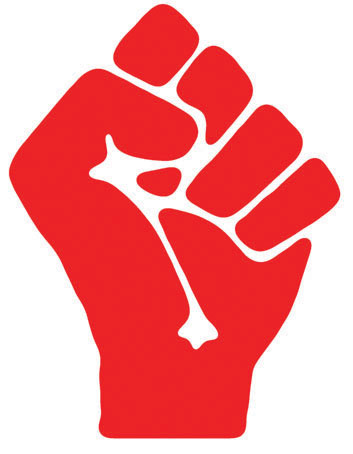Sharon Smith presents the history of radicalism in the U.S. Labor Movement from the late 1800s forward, with an eye toward reclaiming its rich heritage for the Working Class struggles of today.
The title of the book comes from something Labor martyr August Spies said prior to his execution. “If you think that by hanging us you can stamp out the labor movement, then hang us. Here you will tread upon a spark, but here, and there, and behind you, and in front of you, the flames will blaze up. It is a subterranean fire. You cannot put it out. The ground is on fire upon which you stand.”
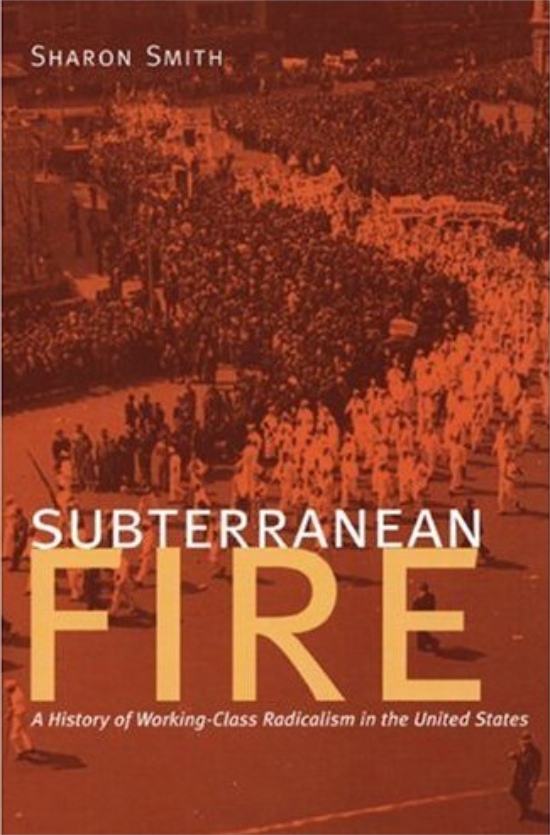


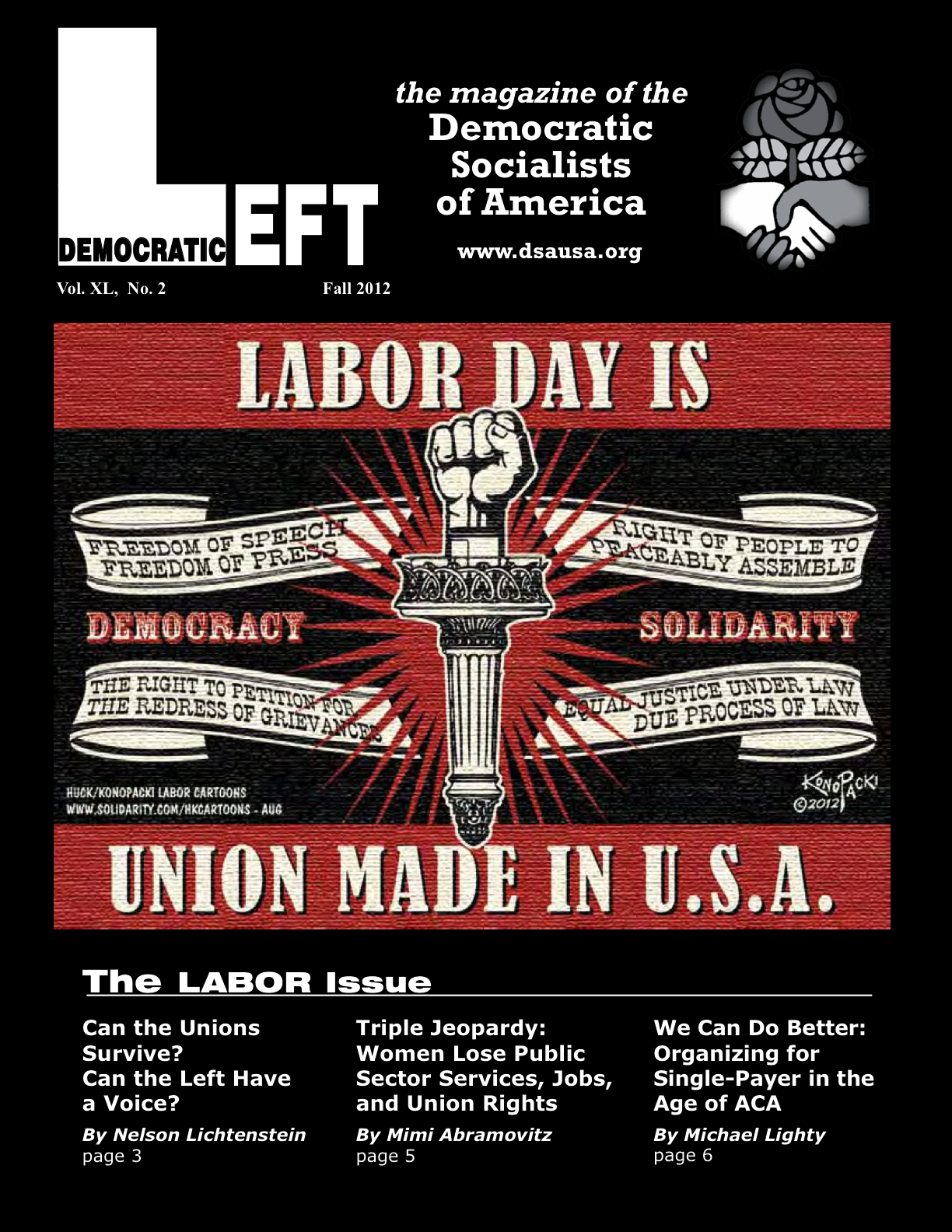

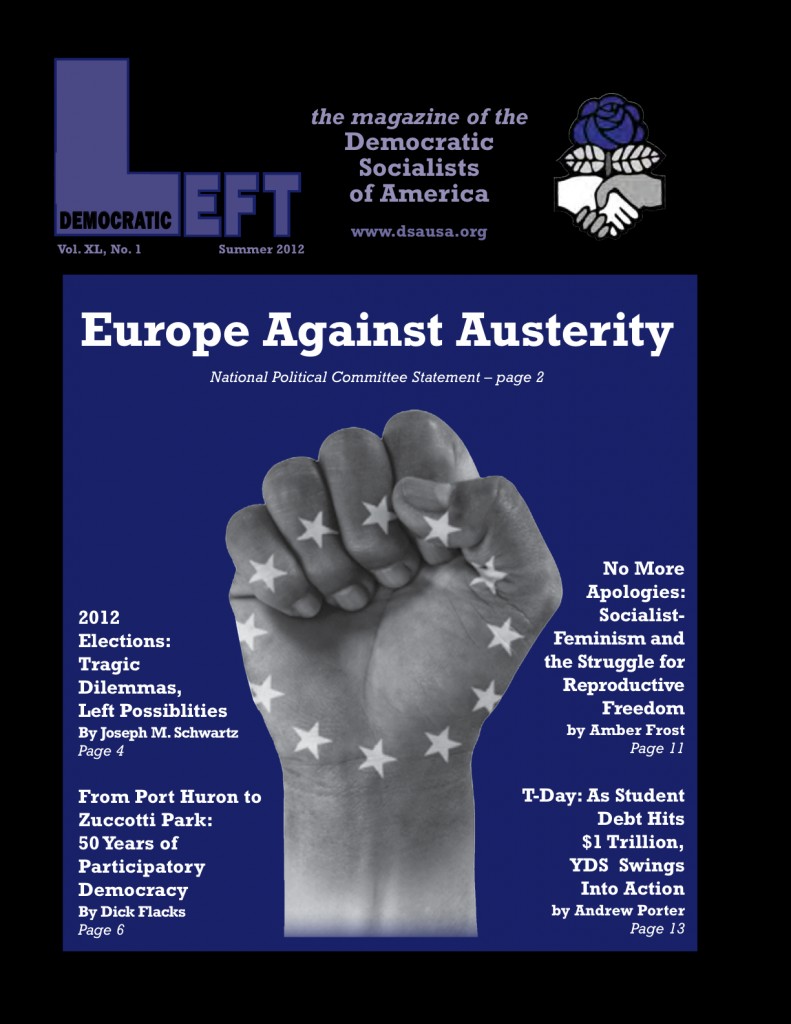
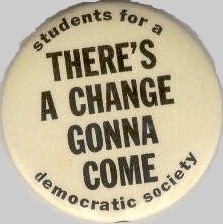 It begins like this:
It begins like this: